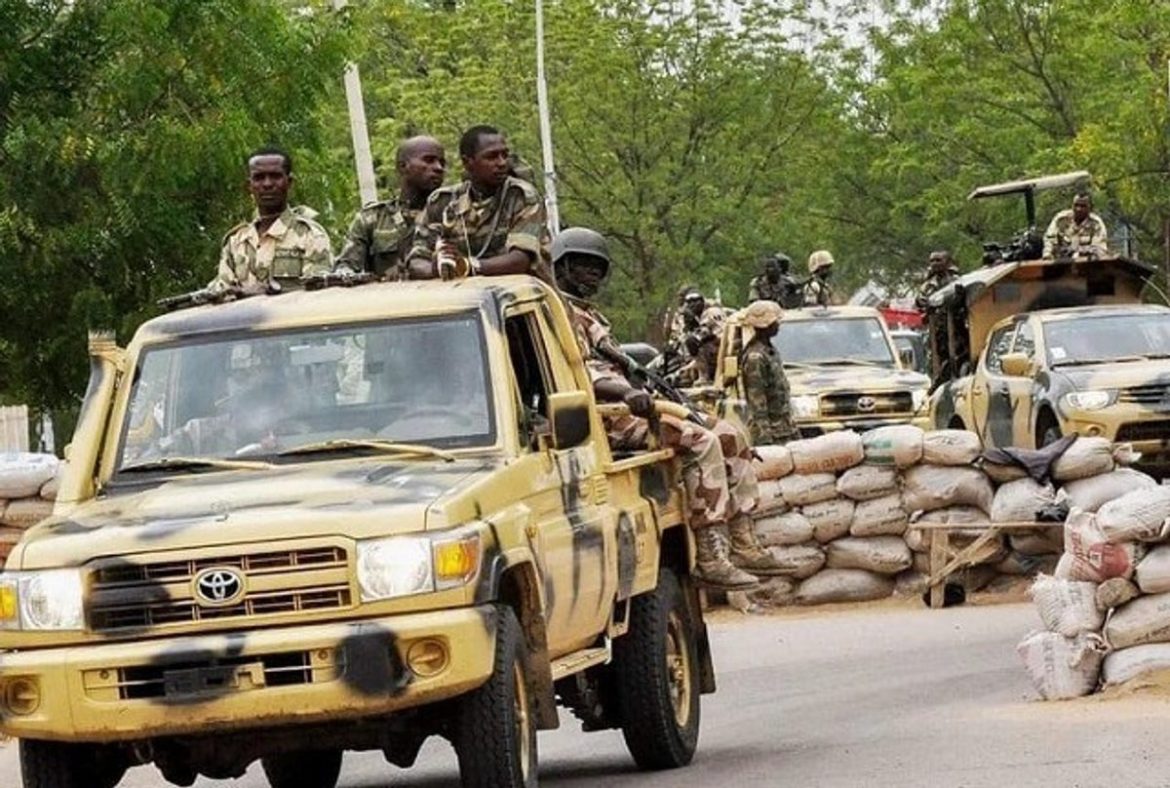ABUJA, Nigeria — The Nigerian army on Tuesday, September 5, 2023, has blocked entrances to the Federal Capital Territory, FCT, without giving a reason, amplifying tensions in the capital ahead of a crucial presidential election tribunal decision.
The unexpected move comes as the Labour Party’s candidate, Peter Obi, and his People’s Democratic Party, PDP, counterpart, Alhaji Atiku Abubakar, await the tribunal’s verdict on their challenge to President Tinubu’s recent election victory.
The development has raised eyebrows across political circles, as it coincides with a nationwide two-day warning strike by the Nigeria Labour Congress, NLC, over the federal government’s failure to mitigate the impact of fuel subsidy removal.
Adding to the sense of unease, Abuja’s government ministries, agencies, and commercial banks remained closed for the day.
A source from the military, who spoke on the condition of anonymity, confirmed the blockade but declined to provide any explanations.
“As of now, no official reason has been provided for the blockage. We are awaiting instructions,” the source said.
The city’s residents have been left in a state of confusion and concern.
“With both the NLC strike and now this unexpected blockade by the military, we are living in a constant state of uncertainty,” said Tunde Adebayo, a local businessman.
Legal and political analysts have expressed concern that the army’s actions could be interpreted as interference in the judicial process, particularly as the presidential election petition tribunal prepares to deliver its verdict.
“It’s an unsettling time to flex military muscle,” said Dr. Ayodele Williams, a political science professor at the University of Abuja. “The timing is suspect, and the government needs to provide a swift explanation to prevent rumors and misinformation from spreading.”
Earlier in the day, the NLC had commenced its two-day warning strike in protest against the federal government’s inability to cushion the effects of fuel subsidy removal.
The strike had already paralyzed the nation’s capital before the military blockade added a new layer of complexity to an already tense situation.
“The government needs to act responsibly. Right now, people are stuck between a rock and a hard place. On one side is the economic pressure from the removal of fuel subsidies, and on the other is the unexplained and unnerving military presence. This can’t go on,” said Abuja-based lawyer Innocent Okoye.
As the city remains on edge, the tribunal’s decision, which could further inflame or ease the situation, is keenly awaited.







